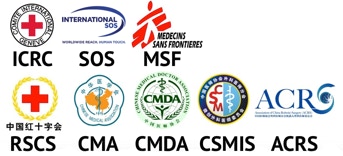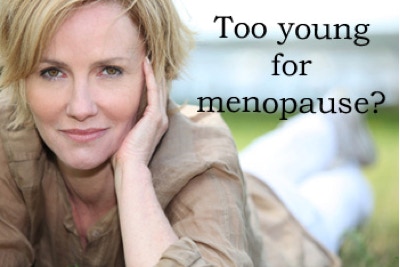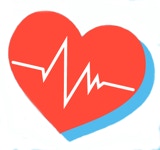

Doctors
Institutions
Conditions
Drugs
Insurances
TCM
Research
What is menopause?
Menopause is the cessation of the menstrual cycle (periods) in women. Women may have erratic and infrequent periods for several years before periods stop completely.
During menopause:
Ovaries stop maturing eggs
Ovaries decrease production of the hormone estrogen and do not produce the hormone progesterone
Ovaries continue to produce testosterone, which is also a hormone made by the adrenal glands
When does menopause occur?
The average age that a woman experiences menopause is 51 years. Most women experience menopause between the ages of 45 and 55. However, some women have early menopause, which can occur in their late 30s to early 40s. Others may continue to have periods into their late 50s.
The time leading up to menopause is called perimenopause, which can range from 2 to 10 years. During perimenopause, periods can stop and then start again.
Hormone testing generally is not helpful to determine when menopause will occur because estrogen and progesterone levels go up and down during the menstrual cycle and cannot predict when a woman is close to menopause. Levels of follicle stimulating hormone (FSH) increase as a woman nears menopause, but a test cannot predict exactly when menopause will occur.
What are the most common symptoms of menopause?
Each woman may experience the symptoms of menopause differently. Some women have no symptoms before or after their periods stop, while others may have some or all common symptoms.
Symptoms may include:
Hot flashes, which are a sudden feeling of warmth, especially in the face and upper body
Night sweats, which can disrupt sleep
Sleep disturbances, including difficulty falling asleep or waking up in the middle of the night
Urinary frequency, urgency or leakage
Mood changes or irritability
Difficulty concentrating
Vaginal dryness or discomfort with sexual activity
Changes in sexual desire
What are treatment options for the symptoms of menopause?
Specific treatment for menopause should be recommended by a health care provider based on a patient’s:
Overall health and medical history
Current symptoms
Tolerance for specific medications or therapies
Opinion or preference
Medical treatment options for hot flashes and night sweats, also called vasomotor symptoms, may include:
Hormone therapy using estrogen and progestin
Various antidepressants
Gabapentin, an anti-seizure medication
Clonidine, a medication for high blood pressure
A health care provider may recommend other lifestyle changes to reduce the symptoms of menopause, including:
Identifying and avoiding the triggers that may lead to vasomotor symptoms
Dressing in layers, so you can remove some clothing when you are having a hot flash
Taking slow, deep breaths when a hot flash starts, also called paced respiration
Eating a healthy diet with plenty of whole grains, fruits and vegetables to maintain a healthy weight, which reduces the frequency of vasomotor symptoms
Getting plenty of calcium and vitamin D to maintain strong bones
Exercising regularly to stay healthy and maintain balance
Herbal or other supplements available over the counter for the treatment of menopausal symptoms are not regulated by the Food and Drug Administration (FDA) and have not been tested in FDA-approved clinical trials for their effectiveness. It is important to consult a health care provider and discuss herbal supplements before beginning use.














